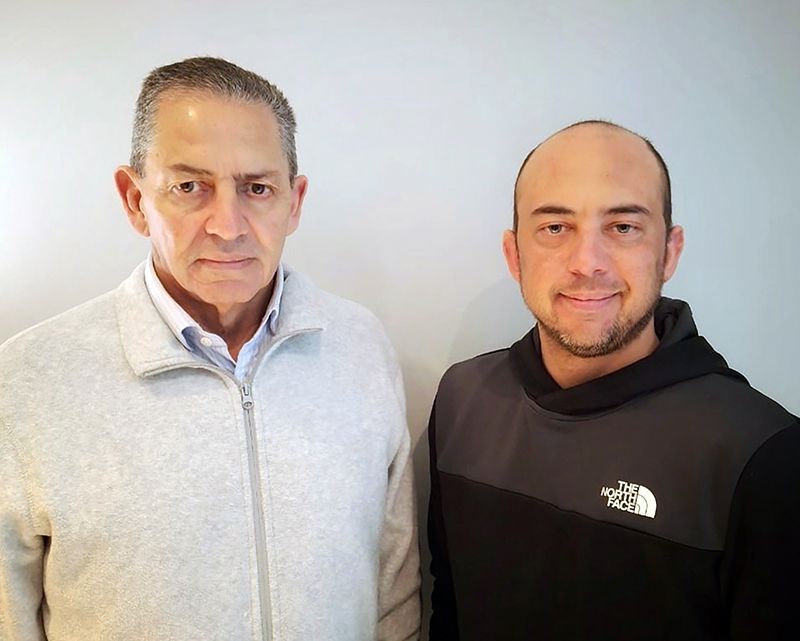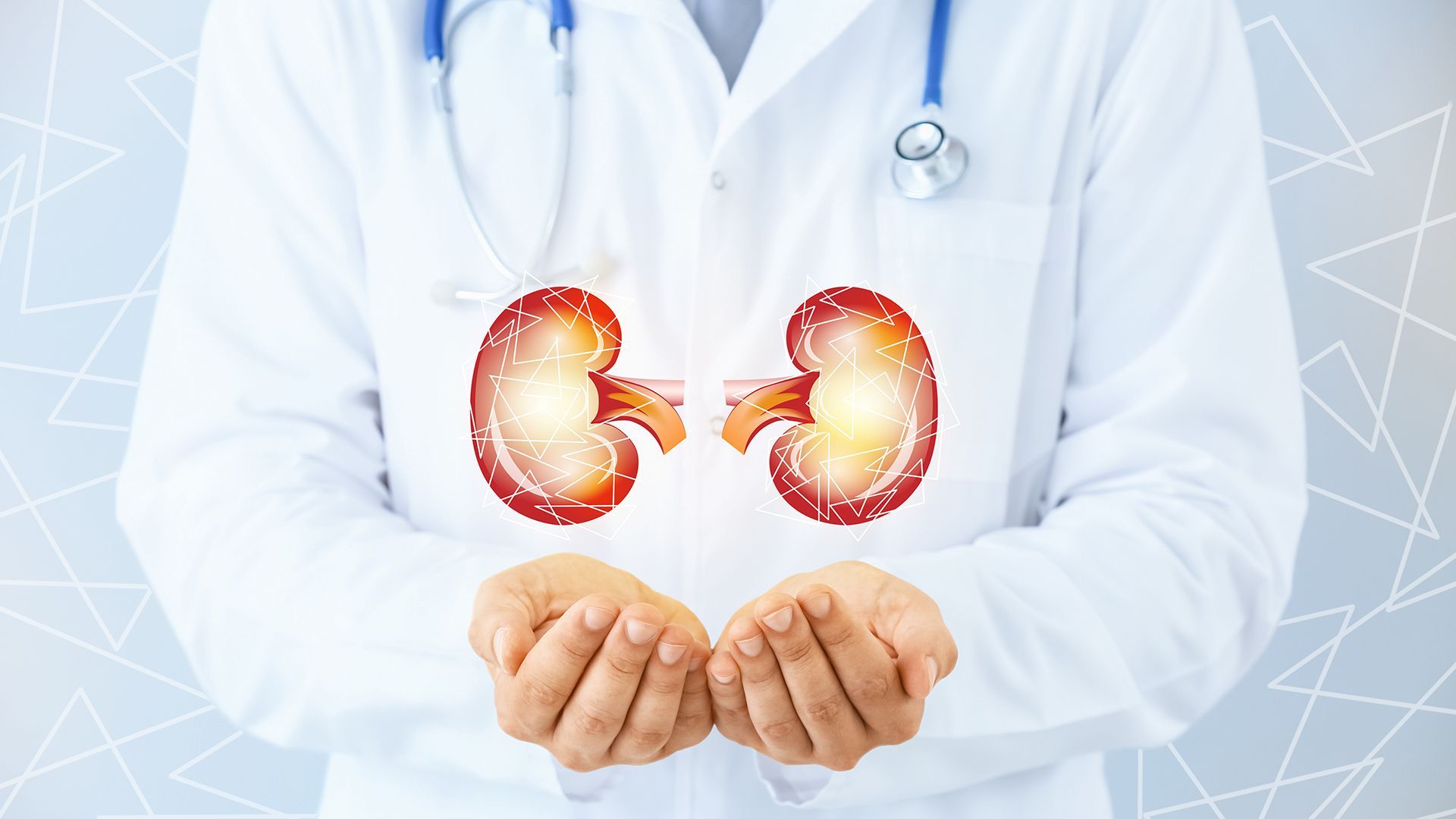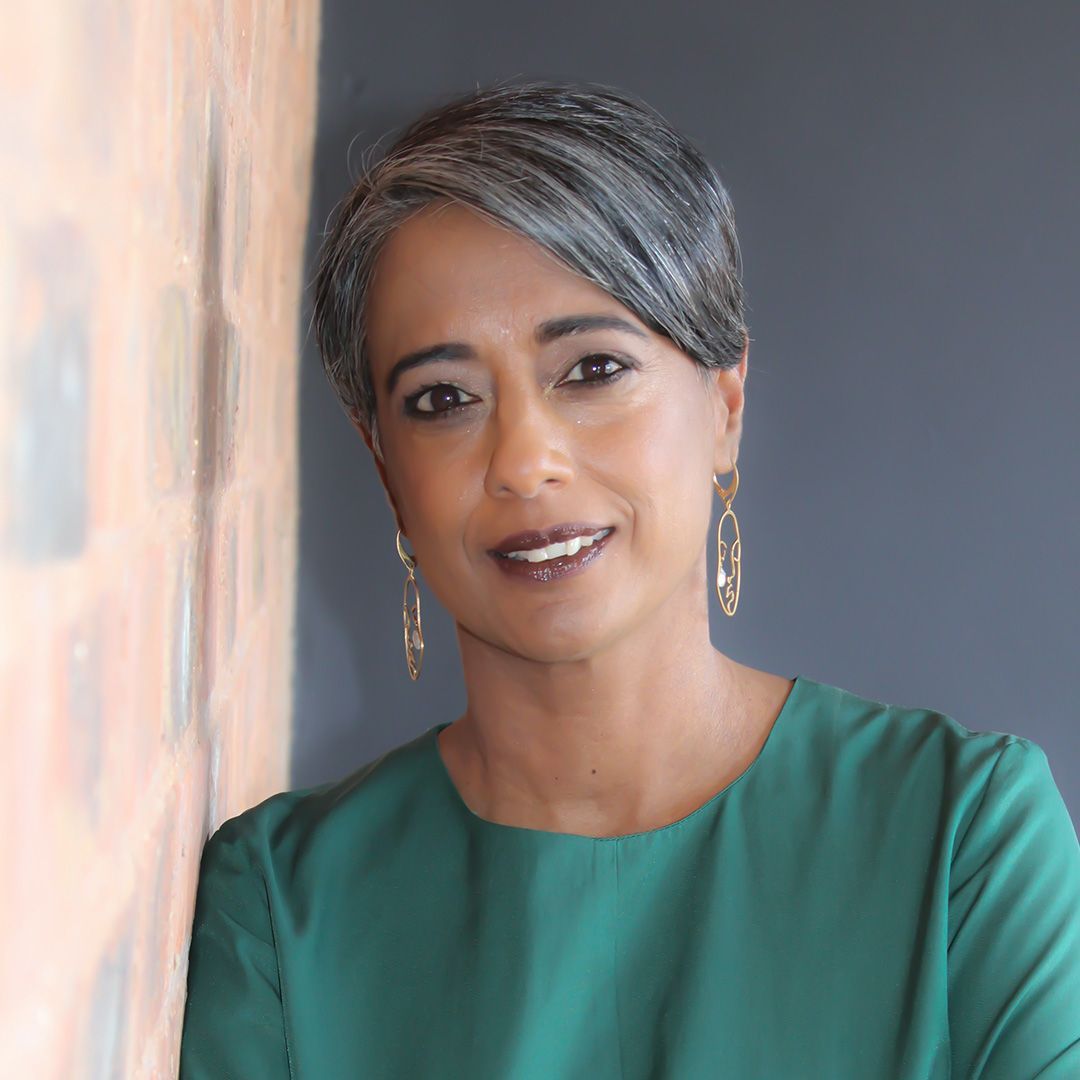Ready to take life by the horns after second transplant
Milestone 200th kidney transplant for UCT Private Academic Hospital
In a landmark 200th kidney transplant for UCT Private Academic Hospital, a young man who has consistently defied the odds now has another chance at a full, healthy life – his father stepping up to the plate as his kidney donor.
Thirty four-year-old Kevin Vicars was born with renal complications, which – according to his doctor at the time – were incurable and meant that he likely had just weeks to live. His shattered parents took him home to love and care for their precious boy as long as time would allow but Kevin rallied and remembers a happy, normal childhood apart from some regular blood tests.
“In fact, the very first time I was ever hospitalised was when I had my first transplant at the age of eight after my health took a downturn the year before. That transplant gave me an additional 25 years, which is far longer than expected, with a deceased donor kidney.”

Kevin Vicars (right) is raring to take on the next chapter of life following his recent kidney transplant. His father John (left) is the donor who gave him another chance at life in a landmark 200th kidney transplant for UCT Private Academic Hospital.
“This allowed me to live a full, active life, so much so that I represented South Africa in the 2007 World Transplant Games in Bangkok, where I won a gold medal for squash – in part due to training hard but also thanks to the support of my parents, Professor Mignon McCulloch who saw me through my first transplant and my nephrologist Dr Piers Stead who continue to play a huge role in my journey,” he says.
Professor Elmi Muller, a transplant surgeon practising at UCT Private Academic Hospital, notes that at this milestone for the hospital, the Vicars family stands as a shining example of what good health can mean, not only for a transplant recipient but also for a donor – even later in life.
“Kevin’s father, John, is 67 years old, but he has worked hard at being in good shape to give his son the best possible chance with this kidney transplant. Transplantation is not always feasible and is never an easy process for donor or recipient, but maintaining good health can make all the difference,” she notes.
Now, after his second transplant, which took place in April this year, Kevin is embracing his next chapter with renewed energy. He is already back in fitness training, taking the ups and downs of recovery in his stride.
“It’s a process, but I am feeling good, and I’m ready to take life by the horns. Now that I’m in my 30s, I am thinking about settling down, starting a family and travelling more. My father has blessed me with the gift of his kidney and is doing amazingly well himself. I intend to show him my gratitude by living my best life,” says Kevin.
Hospital’s history of transplant achievements
Reflecting on the hundreds of patients and loved ones whose lives have been touched by the transplant programme at UCT Private Academic Hospital, Prof Muller notes that this has also included many high-risk patients who require specialised solutions.
This has led to the centre offering the only private ABO incompatible kidney transplantation programme in the country, further meeting the needs of high-risk patients as well as giving patients more options when it comes to identifying potential donors.
Dr Zunaid Barday, a nephrologist practising at the hospital explains that ABO incompatible transplantation solves the problem of certain blood group incompatibilities between recipients and donors, which is a key factor in ensuring that the recipient’s body does not reject the donor kidney.
“In the simplest terms, we use a highly specialised and efficient type of medical technology that specifically filters out the antibodies from a recipient’s blood prior to transplantation, making it possible for them to receive a kidney from a person with a blood type that would otherwise be incompatible. This means that the pool of potential donors is much larger, so waiting times for a donor can be dramatically reduced, giving many more people a better chance at life,” he says.
Prof Muller notes that when the programme was started in 2011, there was a need for a second centre in the Western Cape area in addition to Netcare Christiaan Barnard Memorial Hospital.
“Furthermore, I was keenly aware of the dire need among HIV positive recipients for HIV positive donors at the time – a project that Netcare fully supported, and which has proven to be essential for changing and saving the lives of so many people since,” she says.
A priceless, lifesaving gift
Prof Muller points out that while the centre has developed expertise in high-risk patients within the team, many of the transplants they perform are for low or intermediate risk patients, such as Kevin. She urges people to consider putting themselves forward as donors to help save lives.
“Think twice before you count yourself out as a potential living donor because you may well be the person who can make that difference – look at this case, John Vicars is an older donor, and it has worked wonderfully,” she points out.
Kevin strongly shares this sentiment and urges people to register with the Organ Donor Foundation. “My dad has given me a priceless gift, and before him, it was my deceased donor, so I consider myself living proof that it is no terrible thing to save lives, even when one’s time on earth has come to an end.
“Prof Muller and the team at UCT Private Academic Hospital are amazing and have all been super attentive throughout this process. Thank you to them for taking such great care of my dad and I,” he says.
Commenting on the 200th kidney transplant, Mande Toubkin, general manager emergency, trauma, transplant and CSI at Netcare congratulated the team. “Thank you to the remarkable transplant team at UCT Private Academic Hospital for always striving to do more. This incredible milestone is testament to your dedication to providing our patients with the best possible care – congratulations to you all, this is certainly an achievement to celebrate,” she concluded.













